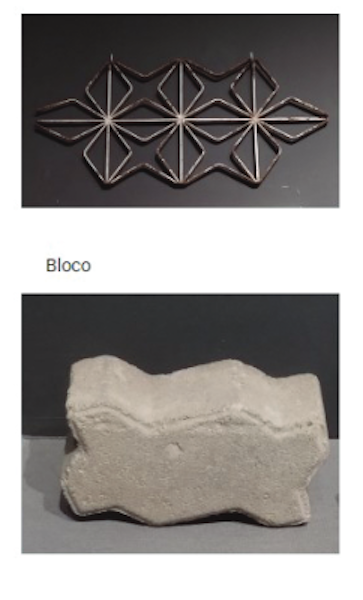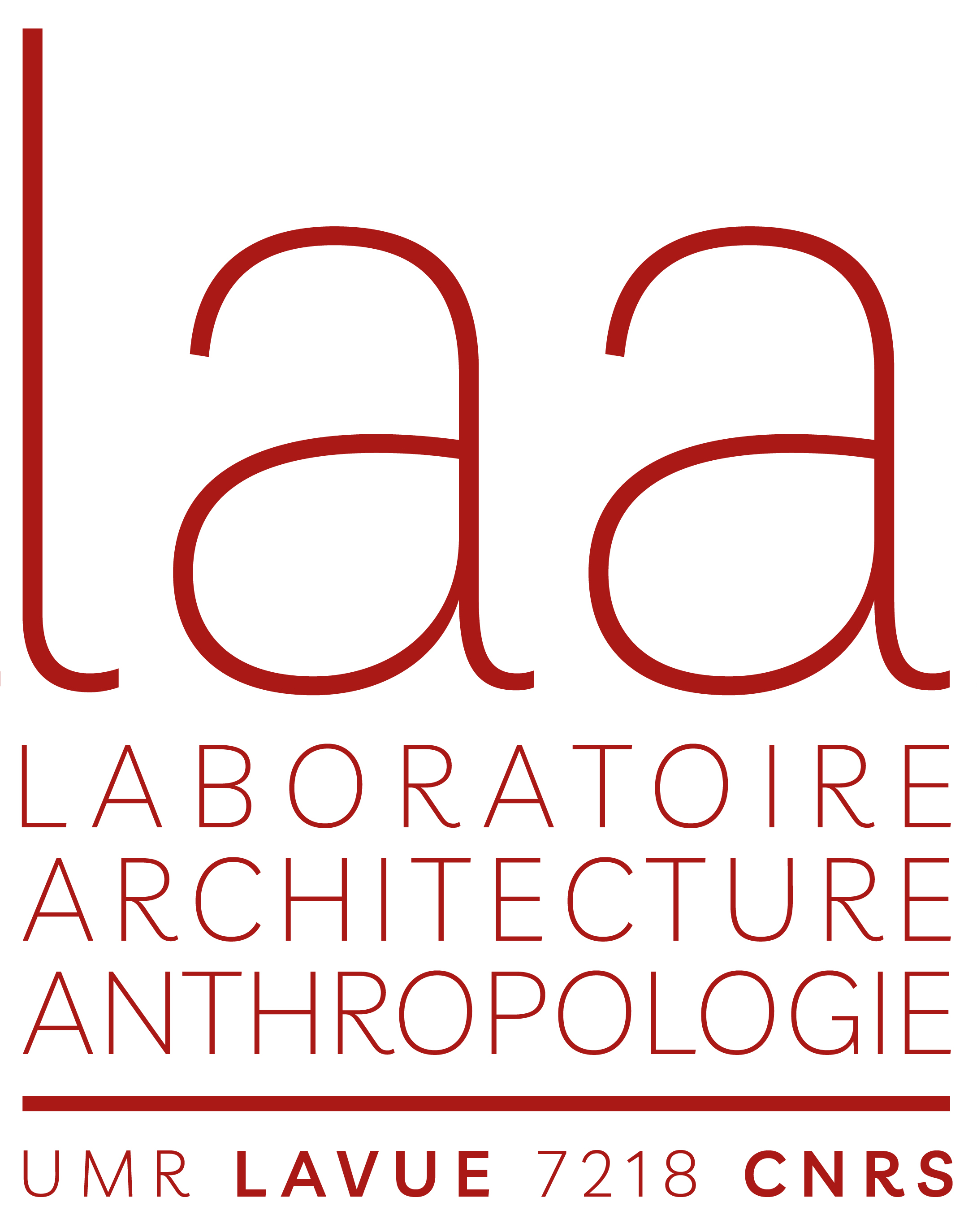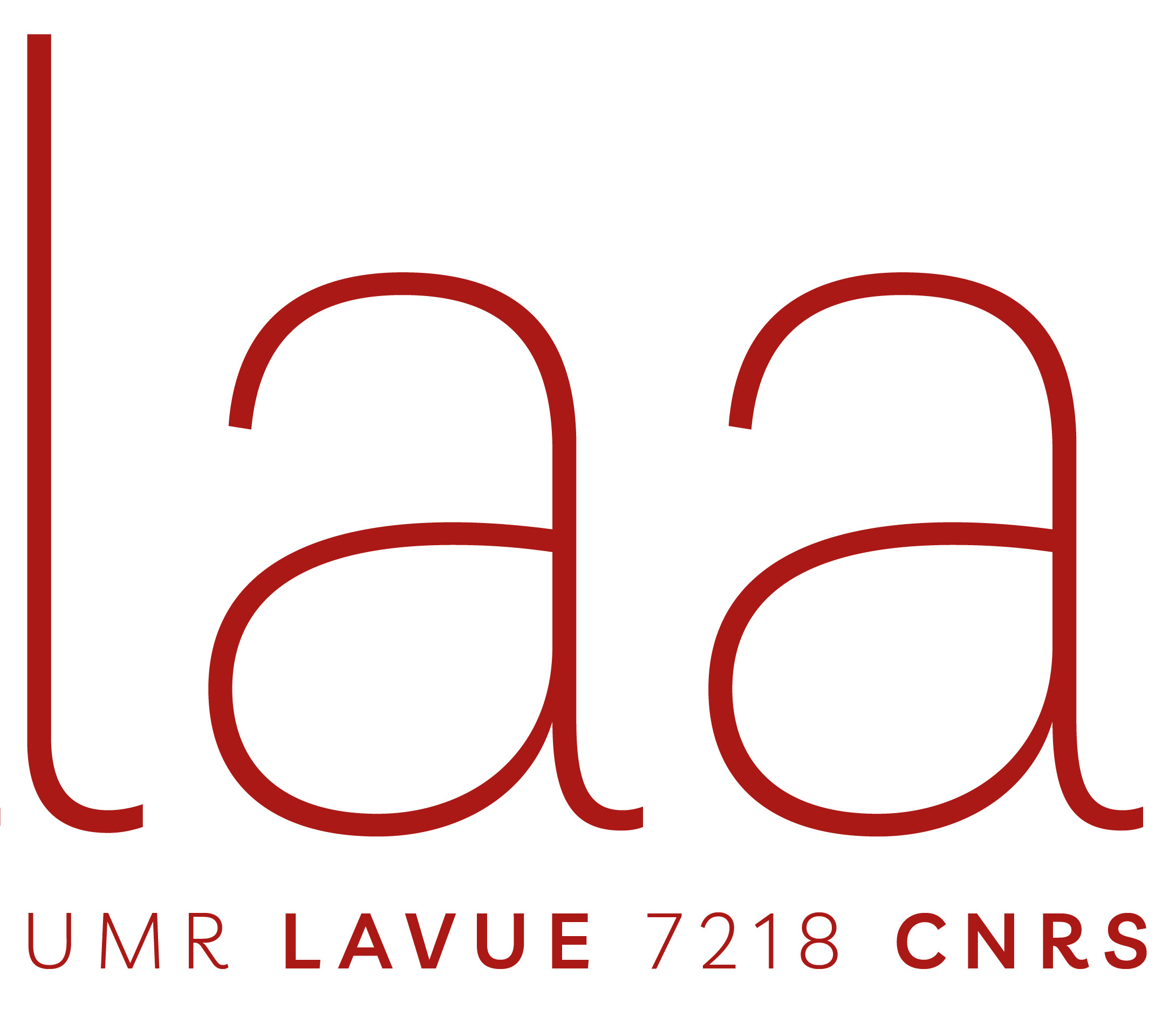
En 2018, le Musée historique national du Brésil a présenté ses projets pour une future exposition permanente consacrée à l’histoire contemporaine du pays, qui devait rassembler de nouvelles pièces de collection, notamment les débris d’une favela détruite lors des travaux de construction des Jeux olympiques de 2016 à Rio de Janeiro.
Adoptant une approche situationnelle, cet article analyse la scène de l’annonce publique de l’exposition - une scène réunissant le musée national et les habitants de favela déplacés - afin de comprendre comment différents acteurs, confrontés au même ensemble d’objets, y impriment des significations transgressives ou normalisatrices en fonction de leurs points de vue respectifs. En mettant en évidence les effets non anticipés de l’intervention institutionnelle en relation avec l’activisme sur la mémoire sociale, ainsi que les implications plus larges des institutions officielles dans le soutien à l’activisme patrimonial, cet essai examine la contribution de la muséologie sociale au authorized heritage discourse et montre comment l’institutionnalisation peut réduire la portée de la transgression.
Anglais :
In 2018, the National Historical Museum of Brazil presented its plans for a future permanent exhibition dedicated to the country’s contemporary history, which would gather new collection items including the debris of a favela destroyed during the construction works for the 2016 Olympic Games in Rio de Janeiro.
Using a situational approach, this article analyzes the public announcement of the exhibition — a scene uniting the national museum and the displaced favela dwellers — by focusing on how different actors who encountered the same set of objects imprinted transgressive or normalizing meanings based on their respective standpoints. By emphasizing the unattended effects of institutional intervention in relation to activism on social memory, and the broader implications of official institutions in supporting heritage activism, this essay investigates the contribution of social museology to the authorized heritage discourse, and shows how institutionalization may diminish the remit of transgression.

